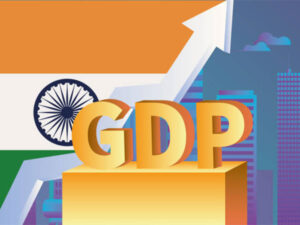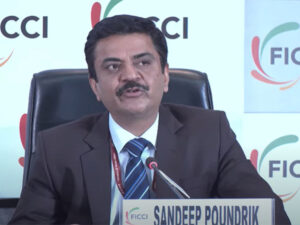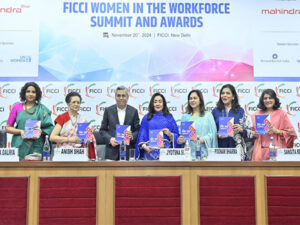
New Delhi [India], March 19 (ANI/NewsVoir): Have you ever wondered what would life be without flour? Thousands of years ago when man unveiled the miracle of civilization bringing cultivation at its fore, it is astonishing to imagine what could have led someone to derive the possibility of looking at a kernel to transform it and bake it on fire to cook a marvellous aromatic food to relish.
Flour is the base of our human history of civilization. Flour – that wonderful produce which converts into so many varieties of food, each unique in a very signature-stamp way to the culture it belongs to. The same flour can evoke so many different emotions. For some it could be survival, a basic staple diet every single day without any fanfare. For others, it could be rustling up an elaborate menu tantalizing all the olfactory senses and playing attention to every single detail of the dish and its presentation.
Flour is that plant source that entices man towards hope and aspiration, in equally strong measure. March 20th, World Flour Day, acknowledges the importance and impact of flour. Every single day, billions of people around the globe consume flour in one form or the other. Just think about bread, biscuits, cakes, pasta, pizza, rotis, naan, rolls, patties, croissant, pies, and so many other variations. And World Flour Day marks our respect towards the seeds, the harvest and the amazing array of delicacies that are possible only due to the existence of flour.
The EU flour milling industry has been consistently producing highest quality of flours and boasts a low use of natural resources, the use of biomass for sustainable energy production, the reduction of emissions, the productive use of by-products and zero product losses. Today’s European milling industry combines traditional skills with advanced modern technology.
Approximately 47 million tons of rye and soft wheat are processed each year, with more than 3,800 companies employing 45,000 people. The EU flour milling sector is the single largest consumer of domestic wheat, rye, and oat, resulting in 600 various types of flour, which meet the high standards and unique demands of consumers. The flour products from the EU have won a well-deserved reputation worldwide because of their quality and safety assurance.
The choice of flour to use depends on the type of product being made and the process of preparation. So for bread, pasta, pizza, cakes and pastries, there are different flours to select from. Flour strength is measured by W-value and two flours of same refinement may not have the same strength. Flours with more gluten are considered “stronger”.
Visit us at www.pureflourfromeurope.com for some exciting recipe options. Pure Flour from Europe is a marketing and promotion programme launched in India by ITALMOPA, the Italian Milling Industry Association and co-sponsored by European Union.
Our aim is to increase awareness among professionals, opinion leaders and consumers in India on the quality and uniqueness of flour from Europe as well as its versatile use in classic EU and local recipes.


















